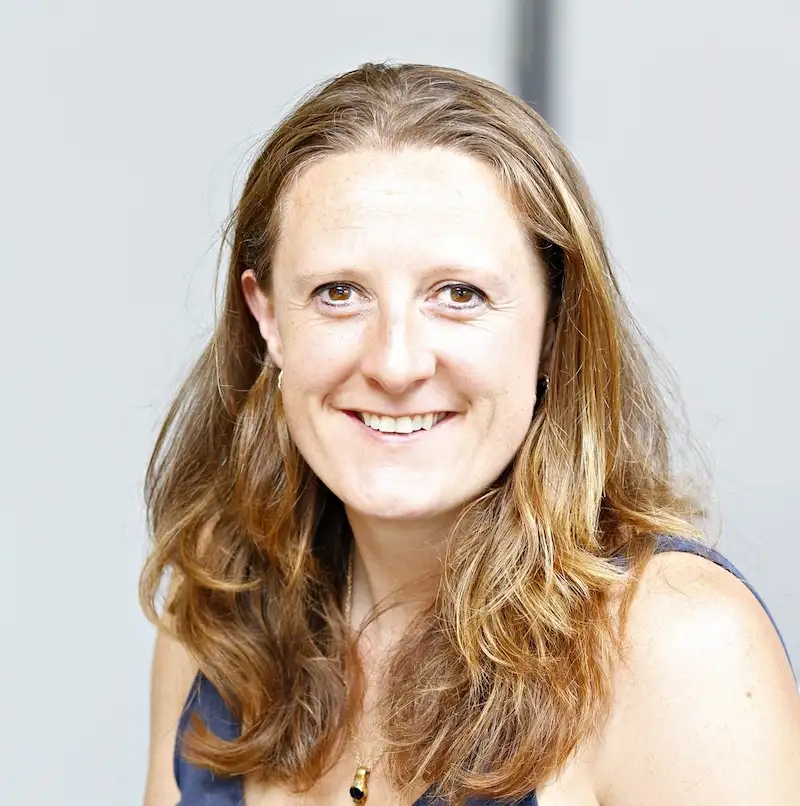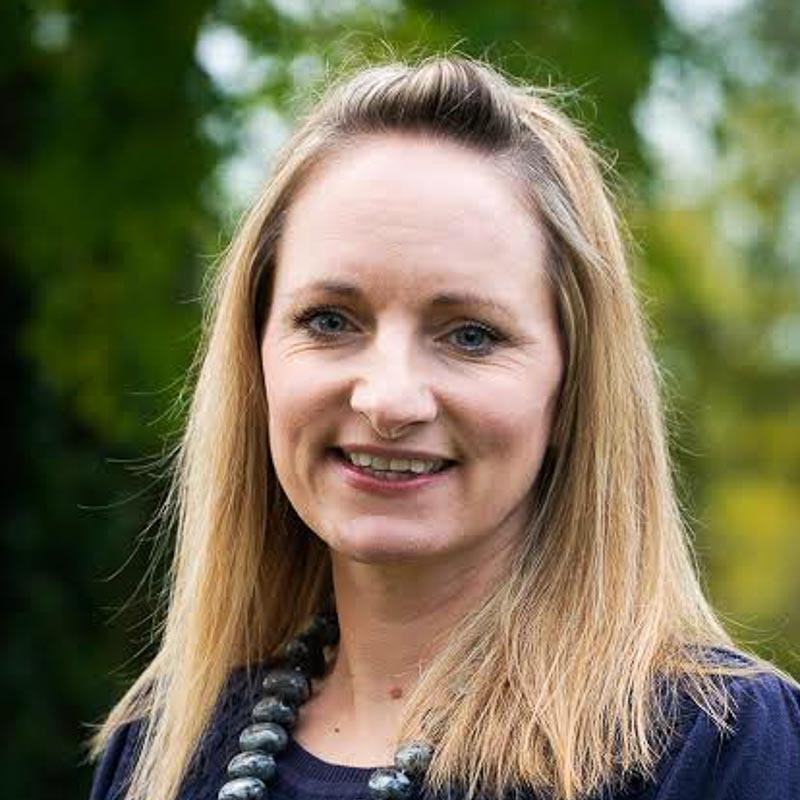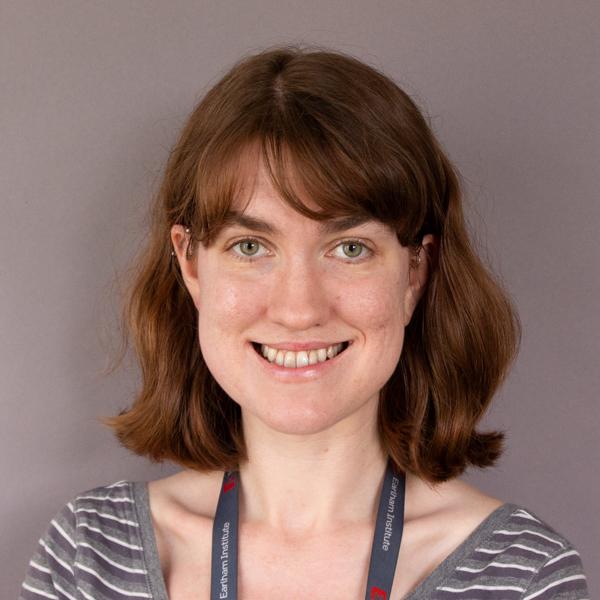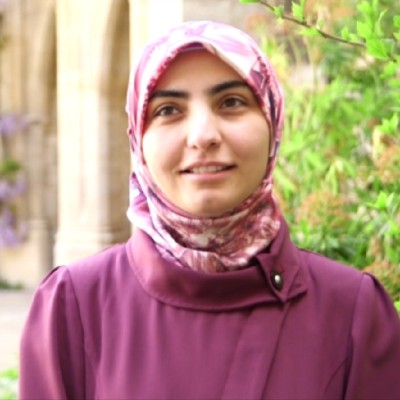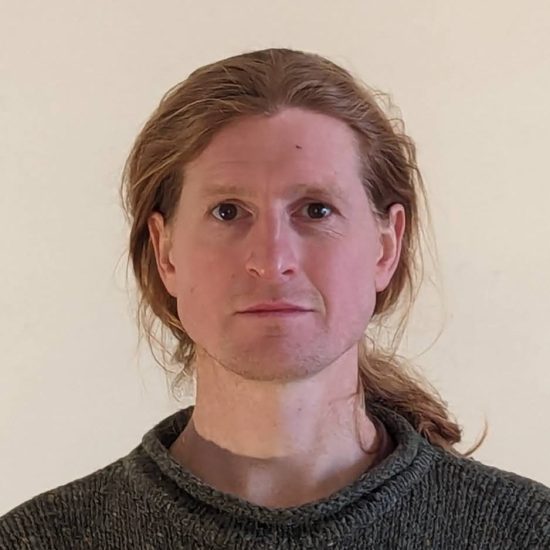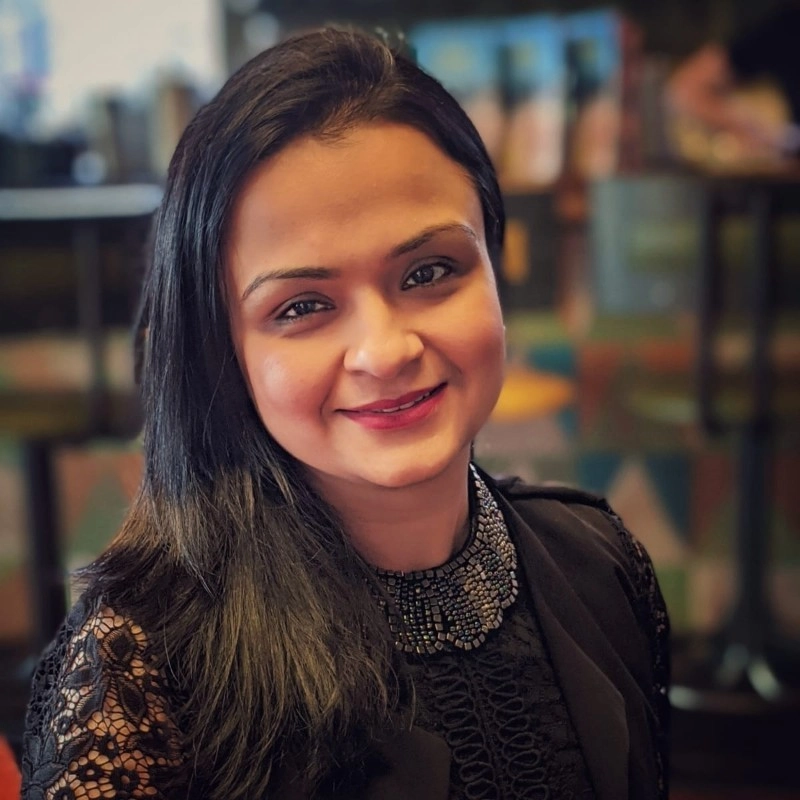Bioinformatics in the UK Track at ISMB / ECCB 2025
Join us for a special one-day UK track at ISMB / ECCB 2025, showcasing the best of British bioinformatics research, innovation, and talent. This track is part of the 33rd Conference on Intelligent Systems for Molecular Biology and the 24th European Conference on Computational Biology (ISMB/ECCB 2025), the world’s largest bioinformatics and computational biology conference.
Focus areas
- Biodiversity & Agritech
- Health
- AI in bioinformatics
Programme features
- Invited keynotes from academia
- Including an industry panel
- UK focus: offering a central space for national initiatives
- Evening poster reception for socialising and networking
Track chairs
Important information
- This track is open to all conference delegates
- Only UK-based researchers can apply for a poster and/or talk
- The evening poster reception provides an excellent opportunity for socialising and networking
Why participate?
- Showcase your work to a global audience
- Engage with the UK bioinformatics community
- Network with peers and industry professionals
- Opportunity for UK researchers to have a central voice at this major event
Call for abstracts
Call for abstracts is now closed.
Support for Early Career Researchers
We are committed to supporting the next generation of bioinformatics leaders. To encourage participation from Early Career Researchers (ECRs), we will be offering a limited number of registration fee bursaries for those with accepted abstracts. Information on the application process for these bursaries will be shared following abstract acceptance.
We strongly encourage ECRs to submit their work to this track.
For more information about the conference, please visit the ISMB/ECCB 2025 site.
09:00
Conference Plenary Keynote at the ISMB/ECCB 2025
10:45
Conference break and conference poster session
Bioinformatics in the UK track starts
Session 1. Biodiversity and agritech and the UK
11:20
KEYNOTE. Molecular digitisation and biodiversity bioinformatics
Director of Research, Royal Botanical Gardens Kew
12:00
AI‑enhanced knowledge mining with KnetMiner: A bioinformatics platform for crop gene discovery
Rothamsted Research
12:20
Lichen Cell Atlas: Tools for exploring photosymbiotic associations
Earlham Institute, The Sainsbury Laboratory, EMBL-EBI, Wellcome Sanger
12:40
How can emerging AI technologies benefit multi-omic analysis for crop and soil sustainability
IBM
13:00
Lunch
Session 2. Health and the UK
14:00
Civic data-driven innovation for global health and AI for all
W.H. Duncan Chair in Public Health Systems, Associate Pro Vice Chancellor for Innovation, Civic Health Innovation Labs (CHIL), Director, Public Health, Policy & Systems, The University of Liverpool
14:20
KEYNOTE. Health data organisation and landscape across the UK.
CTO, Health Data Research UK (HDR UK)
The COALESCE study
Professor of Health Data Science, Department of Public Health and Primary Care, University of Cambridge
15:00
TRE-FX platform for federated analytics of sensitive data in Trusted Research Environments
University of Nottingham, University of Manchester, Swansea University
15:20
SurvivEHR: A primary care foundation prediction model for multiple long-term conditions
University of Oxford, University of Birmingham, King’s College London
15:40
Pathogen Analysis System (PAS): A scalable genomic data processing framework integrated with the European Nucleotide Archive
EMBL-EBI, Earlham Institute
15:50
AI in Histopathology Explorer for comprehensive analysis of the evolving AI landscape in histopathology
King’s College London
16:00
Conference break and conference poster session
Session 3. Trends in AI: A UK perspective
16:40
Generative machine learning to model cellular perturbations
Wellcome Sanger Institute
17:00
Building the world’s largest, ethically-sourced database of biological information to pioneer a new class of foundational AI models
Basecamp Research
17:10
Multimodal generative machine learning for non-clinical safety evaluations in drug discovery and development
UCB
17:20
CUPiD: a machine learning approach for determining tissue-of-origin in cancers of unknown primary from cell-free DNA methylation profiles
Cancer Research UK National Biomarker Centre, Christie NHS Foundation Trust and The University of Manchester
17:30
Introduction to AIBIO UK
Aberystwyth University, UK
17:35
PANEL DISCUSSION: Careers and trajectories
Charlie Harrison, AIBIO UK
Gabriella Rustici, AstraZeneca
Harpreet Saini, Astex Pharmaceuticals
18:00
Poster session and networking event
20:00
End of day
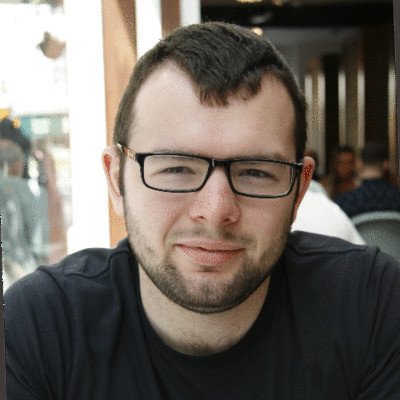
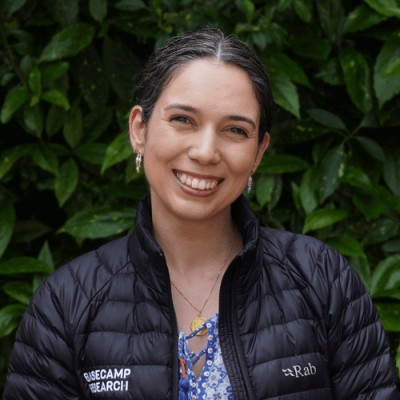
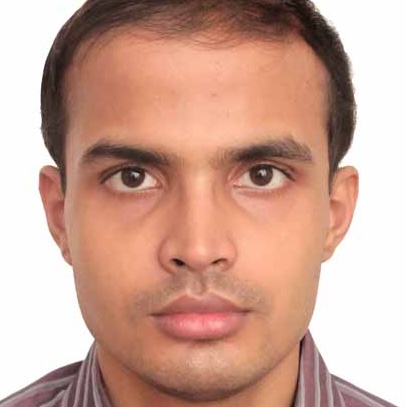
- Eva Wan, Tony Burdett and Ed Clark. BioFAIR pathfinders: Driving adoption of FAIR solutions in UK life sciences
- Ian Tsang, Fiona Leigh, James Cockram, Jonathan Atkinson and Steve Rawsthorne. High-throughput phenotyping of wheat root hair variation: Unlocking hidden traits for breeding
- Holly Cassell, Patrick Harker, Vsevolod J. Makeev, Florent Mouliere, Caroline Dive, Natalie Cook, Alicia-Marie Conway, Alexandra Clipson, Steven M. Hill and Dominic G. Rothwell. Optimisation of a cell-free DNA methylation-based classifier for determining tissue-of-origin in cancers of unknown primary
- Jack Welland and Janet Deane. From molecular dynamics to transcriptomics: Understanding glycolipid metabolism at different scales
- Zhiyong Tang, Guo Cheng, Sarah Ennis and Rob Ewing. Graph-based machine learning for multi-omics integration in complex disease analysis
- Lynn Win, Sarah Ennis and Guo Cheng. Rare and common variants in ERAP1 and ERAP2 selected for in response to Yersinia pestis infection contribute to autoimmune disease including inflammatory bowel disease
- Jennifer Kelly, Ash Evans, Ritesh Krishna, Muhammad Mohammadi, Prattyush Mangal, Stephen Checkley, Barbara Camanzii and Anna Paola Carrieri. Agentic AI for bioinformatics workflows
- Pedro Madrigal, Anil Thanki, Iris Diana Yu, Silvie Fexova and Christina Ernst. ExpressionAtlas: a Bioconductor package for search, retrieval and visualisation of bulk and single-cell expression datasets
- Aislinn Pearson and Richard Ostler. FarmOS: Using open source software to addressing the challenges of research quality farm data
- Elham Alhathli, Andrew Strange, Alexander Thompson, Sam Bonsall, Pamela Shaw and Johnathan Cooper-Knock. Causal associations of protein levels with Amyotrophic Lateral Sclerosis through hypothesis-free two-sample mendelian randomisation and machine learning
- Pavle Josip Vrljicak. High-throughput biomarker discovery for antibody production using tag-based single-cell RNA-seq
- Katherine Brown and Andrew Firth. Mining public data reveals novel ancient and contemporary RNA viruses infecting parasitic nematodes of humans and ruminants.
- Stuart MacGowan, Jim Procter, Mateusz Warowny, Javier Sánchez Utgés, James Abbott and Geoff Barton. DRSASP: Expanding services, boosting performance and looking ahead
- Adeline McKie, Mark Wappett, Benayu Priyanto, Hans Vandierendonck and Ian Overton. Development and application of the MultiSEp R Package to identify multiple myeloma achilles’ heels for drug discovery
- Khaled Jumah, Katarzyna Kamieniecka, Mingkai Wang, Bjoern Gruening, Michael Baudis, Andrew Stubbs and Krzysztof Poterlowicz. hCNV2Beacon – a Galaxy workflow for integrated CNV detection and federated data sharing
- Cristina Sisu and Justin Dankwa. Exploring genetic variation in the British Nuclear Test Veterans
- Douglas Freeburn. Improving transcript characterization using Nanopore sequencing data
- Theo Redfern-Nichols, Shannon O’Brien, Xianglin Huang, Brian Medel-Lacruz, Davide Calebiro, Jana Selent, Graham Ladds and Maria Marti-Solano. A multi-dimensional analysis of receptor – G protein signal transduction: learning from rare disease variants
- Swarnima Kollampallath Radhakrishnan, Dipanwita Nath, Dominic Russ, Laura Bravo Merodio, Priyani Lad, Folakemi Kola Daisi and Animesh Acharjee. Machine learning-driven proteomic signature identification in colorectal cancer: Insights from the UK Biobank
- Alistair Dunham and Opentargets. Perturbation catalogue joint analysis of 1,954 multiplexed assays of variant effect
- Amen Shamim, Vanesa Biolatti, Conrado Guerrero Quiles, Mark Reardon, Jamie Honeychurch, Eleanor J Cheadle, Pedro Oliveira, Vodathi Bamunuarachchi, Rachel Reed, Kimberly Reeves, Peter Hoskin, Richard Walshaw and Ananya Choudhury. Profiling the tumour microenvironment to predict NAC response in bladder cancer
- Wendi Bacon, Adrian Westlake, Calum Macdonald, Chris Milner, Edel McNamara, Jamie Byrne, Loki Sinclair, Peter Hammans, Peter Harrison, Rachel Tesfaye, Ruth Milne, Sam Cox, Stephen Lavenberg and Emily Jefferson. Easier validation, faster approvals: the safe people registry for streamlining safe people verifications
- Marielle Vigouroux, Naomi Davis, Arinder Kohli, Dorothy Dewan, Alexander Dickinson, Rupa Rai, Jake Turnbull, Hannah McGregor, Sarah Alexander, Jon Hubb and Jo Dicks. High-quality Oxford Nanopore assemblies reveal structural completeness, plasmid diversity, and antimicrobial resistance genes in NCTC bacterial genomes
- Qingli Guo, Maximilian Mossner, Freddie Whiting, Chloe Colson, Erica Oliveira, Ann-Marie Baker and Trevor Graham. Integrating single-cell cancer genome sequencing and matrix deconvolution to trace chemotherapy-induced mutagenesis


